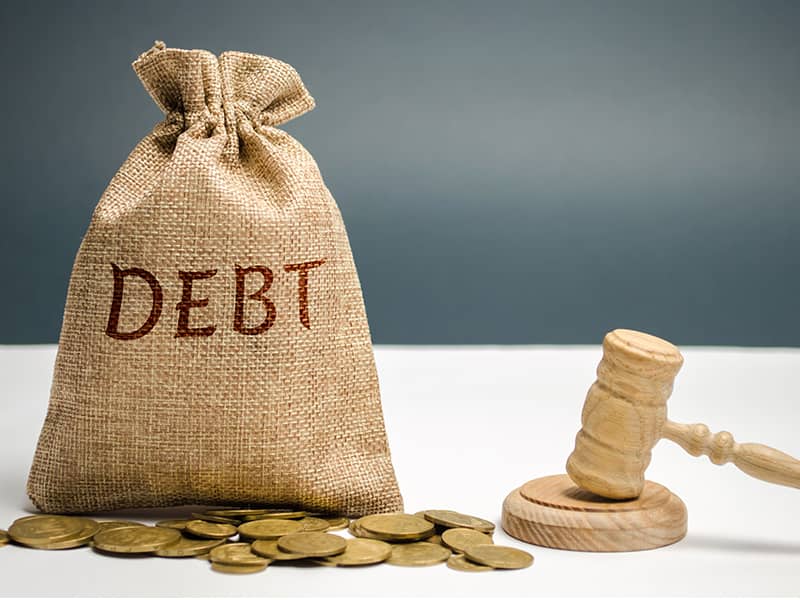Contact Us

Office: 083 000 1000
Studio: 083 00 00 967
Telegram: 083 00 00 967
WhatsApp: 083 00 00 967
Telegram: 083 00 00 967
WhatsApp: 083 00 00 967
Location: Unit 42 & 44, Hyper Motor City, Maxwell Street, Windhoek, Namibia
Listeners:
Top listeners:
Radiowave 96.7FM
 play_arrow
play_arrow
KP... Not Really The lllest Anymore? Lunch w/ Yanika


Introduction
In a recent interview, business researcher Josef Sheehama offered a comprehensive view of Namibia’s economic strategy, emphasizing the dual importance of beneficiation and external loan management. His vision for Namibia’s economic independence hinges on industrialization, foreign direct investment (FDI), and leveraging natural resources to reduce dependency on external debt.
Sheehama emphasizes that Vision 2030 is more than a governmental slogan—it is a blueprint for transforming Namibia into an industrialized nation. To realize this vision, Namibia must intensify engagement with foreign investors while creating a business-friendly environment.
He believes Namibia’s competitive edge lies in developing local processing facilities that can diversify its export portfolio, moving the country from raw exports to value-added products, thus enhancing its global trade profile.
A core element of Sheehama’s analysis is beneficiation—adding value to raw materials locally before export. This step not only increases export revenues but strengthens foreign currency reserves.
By processing resources like minerals in-country, Namibia can generate critical foreign exchange to service its debt, while building a more competitive export market.
While beneficiation is crucial, Sheehama asserts that it is not a silver bullet. He advocates for a broader economic strategy rooted in fiscal discipline and responsible borrowing.
Namibia, he warns, must avoid “blowing money” just to meet debt obligations, without fixing structural economic weaknesses. Strategic options may include debt restructuring or negotiating better terms with international financial institutions like the IMF and World Bank.
Sheehama highlights the importance of public-private partnerships (PPPs) in growing Namibia’s manufacturing base. Government incentives and private sector expertise must align to attract long-term investment.
He advocates for joint ventures between foreign and local firms to build processing plants and drive industrial development, with the added benefit of transferring skills and improving efficiency.
Industrialization and beneficiation are also job multipliers, Sheehama notes. Building local industries will create employment opportunities and reduce unemployment, especially among youth.
A thriving private sector will also spur the growth of small and medium-sized enterprises (SMEs), contributing to economic diversification and resilience.
In the long term, Sheehama envisions Namibia moving away from external loan dependence. Through increased local production, exports, and smart partnerships, the country can begin generating the resources it needs to fuel development.
Economic self-sufficiency, he says, is a gradual process requiring consistent implementation, but is achievable with the right mix of policy, investment, and innovation.
Conclusion
Josef Sheehama presents a clear and actionable roadmap for Namibia’s economic transformation. His insights center around beneficiation, fiscal responsibility, and strategic collaboration between public and private actors.
By focusing on these pillars, Namibia can advance toward economic independence, reduce reliance on external borrowing, and build a sustainable and inclusive industrial future.
The post Interview: Business Researcher Josef Sheehama on Beneficiation and External Loans: A Strategic Outlook for Namibia’s Economic Future first appeared on Future Media News.
The post Interview: Business Researcher Josef Sheehama on Beneficiation and External Loans: A Strategic Outlook for Namibia’s Economic Future appeared first on Future Media News.
Written by: Madeline







COPYRIGHT 2025 Radiowave 96.7FM | WEBSITE BY DIGITAL PLATFORMS